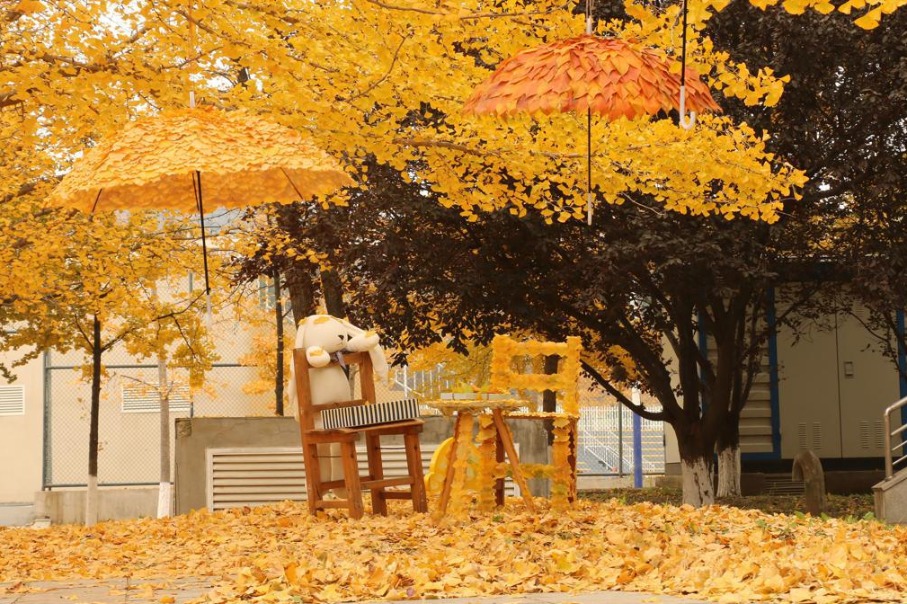Hospital train brings hope via surgery


Older patients
Wang Yuezhen, head manager of the train that called at Korla, said 80 percent of the local patients were age 60 or older, with the oldest being 92.
"A normal cataract operation takes about 10 minutes and is very convenient, but cataracts can turn harder and harder over time, making it more difficult to remove them," said Wang, also a trained doctor.
"In rural Xinjiang, it is not uncommon to see elderly patients with extremely rigid cataracts."
Feng Jing, one of five doctors and nurses on the train from the Beijing Chaoyang Hospital affiliated to Capital Medical University, said that most patients in the capital have cataracts that are as fragile as eggshells, but in Xinjiang, the cataracts become as hard as rock due to the intense sunlight and often long delays in treatment.
"Another challenge is the high incidence of exfoliation syndrome, which makes the zonules (the threadlike fibers that hold the lens in place) especially weak and unstable," Feng said.
"We usually encounter a dozen cataract patients with the condition in Beijing, but in Korla, we handled a few cases on a daily basis."
She said that state-of-the-art equipment on the hospital train, coupled with the vast experience of the well-trained doctors, helped overcome the difficulties.
"We use the most advanced equipment for the operations, including imported surgical microscopes, ultrasound oscillation equipment and medical supplies, such as artificial lenses," she said.
- Researchers reveal how global dust regulates carbon cycle, climate change
- China's 3D-printed miniature turbojet engine completes flight test
- Eco-friendly reforms shape Wuzhong's future
- Shenzhou XX crew set to return after space debris delay
- Authorities clarify claims of zhongkao abolishment
- China's largest amphibious assault ship sets off on maiden sea trial




































